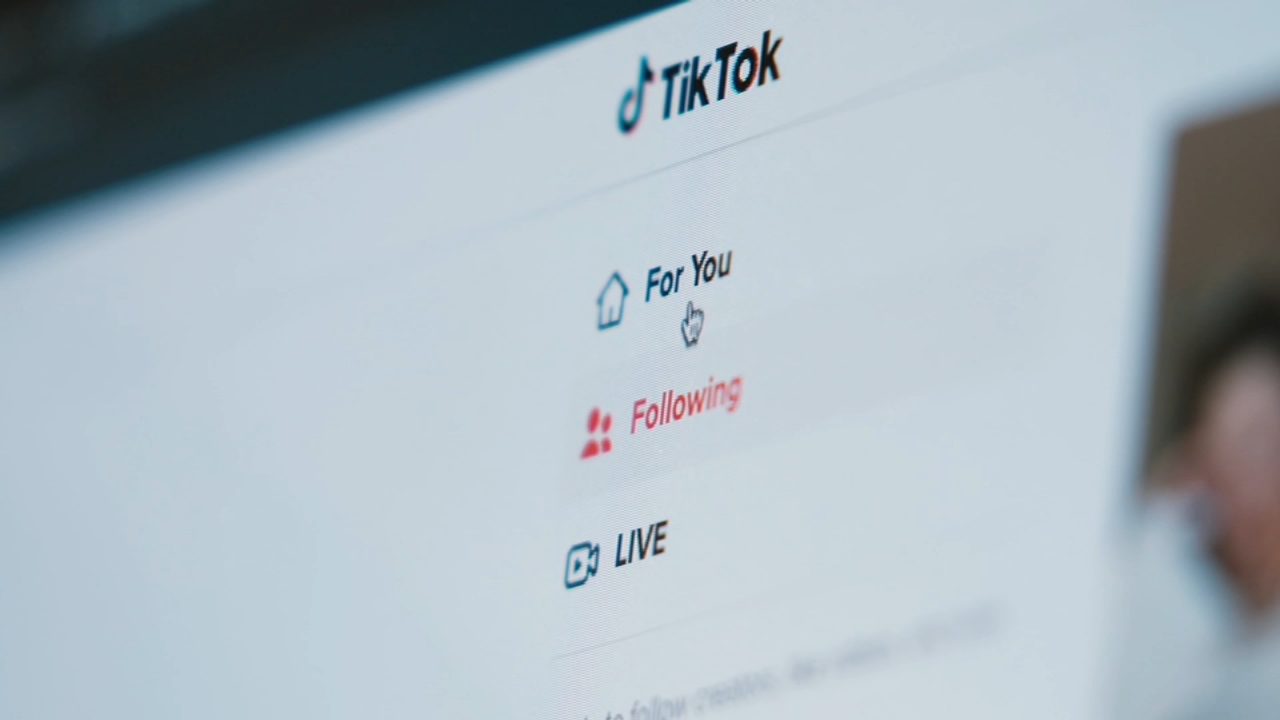How much is too much? Exploring possible dangers of teen social media use
PHILADELPHIA (WPVI) -- Public health experts are sounding the alarm over the potential risks when kids, particularly teens, are on social media.
U.S. Surgeon General Vivek Murthy has indicated that social media may be playing a role in the teen mental health crisis. It's best to delay social media use as long as you can, but realistically, it's not a matter of if they'll be on it but when.
And while teens tend to be more tech-savvy than their parents, there are some things you can do to help them navigate this online world in a healthy way.
High schoolers Karryn Watts and Dahkenah Wilkins say social media is necessary for social survival, and it can be positive.
"It like helps me connect to other people," said Watts.
But there is a dark side that they say far outweighs the benefits.

"It's definitely a bunch of negative things such as violence," said Wilkins.
"And it's all over stupid things from the internet," said Watts.
According to a report from the U.S. Surgeon General, up to 95% of youth ages 13-17 said they use a social media platform. Nearly 40% of children aged 8 to 12 use one. And half report going online "almost constantly."
"I have three children, 24, 19 and 15. I am the proud principal of Martin Luther King High School right here in Philadelphia," said Keisha Wilkins.
Dahkenah Wilkins is Principal Wilkins' youngest child, and Karryn Watts is her niece.
"We're in a society about likes and loves. And it's not a real like it's not a real love," she said.
A large study of children 12 to 15 found that spending more than three hours per day on social media doubled the risk of poor mental health outcomes including depression, anxiety, ADHD, self-harm and eating disorders.
"Social media creates a false sense of reality. I can spin my life to be whatever I want it to be," said Principal Wilkins.
The good news is the American Psychological Association, reports that teens who cut their social media use by 50% for even a few weeks felt better mentally and saw an increase in their self-esteem.
"They tell you in terms of health, that you should stop screen time an hour to two hours before your bedtime," said Principal Wilkins, who encourages parents to monitor usage and set boundaries.
"I expect my son to turn his phone in at night," she said. "When it's bedtime, he plugs his phone in another space. I would say you need to have your child log in on your cell phone, your iPad, your computer, on all of your social media accounts. You need to check their social media accounts."
Principal Wilkins also says parents need to model healthy behaviors.
"That's the society we live in. And as adults, if we're addicted to our screens, and of course, our children are the same way," she adds.
Technology can also help. Apple and Android phones have robust parental controls from disallowing specific apps to setting time limits on them.
"Both iOS and Android offer pretty robust parental controls. So if you don't want your teen using a certain app, you can go into settings and say I don't want this app being used between 8 p.m. and 9 p.m.," said Nicholas de Leon of Consumer Reports.
You can also use the parental controls on your router, including setting up a Wi-Fi schedule. You can set up all devices in your home to follow one schedule or set a different schedule for each device.
But Principal Wilkins believes the most important thing is having open conversations.
She says we should also connect our kids with people they might feel more comfortable talking to like an older cousin or family friend.











